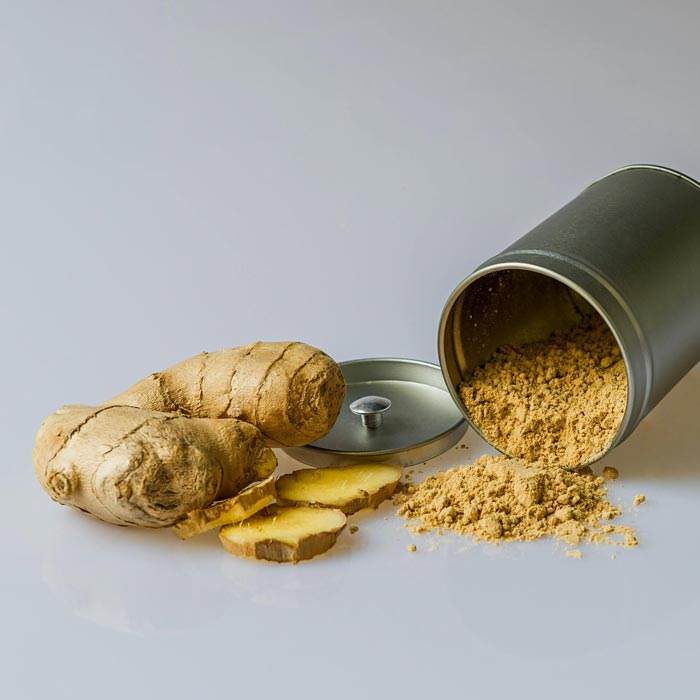How to Start a Gratitude Journal: Tips and Prompts to Get You Started
A gratitude journal is a wonderful way to focus on the positive things in your life. It can be used to express thanks for the good things that happen each day, or to simply reflect on what you are grateful for in life. starting a gratitude journal is easy and can be done in just a few minutes each day.
What is a gratitude journal?
A gratitude journal is a place to write down things that you’re grateful for. It can be anything from big things like your health or your family, to small things like a good cup of coffee or a sunny day. The idea is to focus on the positive things in your life, and to deliberately notice and appreciate the good things that happen to you. Gratitude journals can be helpful in improving your mood and outlook, and in increasing your overall satisfaction with life.
Why should you start a gratitude journal?
There are many reasons why you should start a gratitude journal. A gratitude journal is a great way to focus on the positive things in your life and to be thankful for what you have. It can help you to appreciate the good things in your life, and it can also help you to identify areas in your life where you may need to make some changes. A gratitude journal can also help you to feel more positive and optimistic about your life.
How to start a gratitude journal: Tips and prompts to get you started
If you’re looking for a way to boost your mood and overall well-being, consider starting a gratitude journal. Gratitude journaling has been linked with increased happiness, better sleep, and improved physical health. Here are some tips and prompts to get you started:
1. Set aside time each day to write in your gratitude journal. Whether it’s first thing in the morning or right before bed, find a time that works for you and stick to it.
2. Keep it short and sweet. You don’t need to write a novel in your gratitude journal – a few sentences will do.
3. Write about things that you’re grateful for, big or small. From the sun shining to your favorite coffee mug, anything can be an object of gratitude.
4. Be specific. Rather than simply writing “I’m grateful for my family,” try to identify a specific moment or memory that you’re grateful for, such as “I’m grateful for the time my kids surprised me with breakfast in bed.”
5. Don’t be afraid to get personal. In addition to writing about things you’re grateful for, you can also use your gratitude journal as a way to reflect on your personal strengths and accomplishments.
6. Use prompts. If you’re having trouble getting started, try using prompts such as:
“What was the best part of my day?”
“What are three things I’m grateful for?”
“Who are the people that mean the most to me? Why do they mean so much?”
“What’s is my favorite day of the week and why?
“What brings me joy in my home? Make a list of as many things as possible”
“What’s my favorite season and what do I love to do during this time?”
“What positive memory makes me happy?”
“Think of a time I was really proud of myself. What happened and how did I feel?”
“What small things in life do I appreciate the most?”
“What life experiences am I most grateful for?”
“Make a list of people in my life that make me feel good.”
“What am I grateful for learning and how has this shaped me into the person I am today?”
“What comforts in life am I thankful for?”
What good things am I looking forward to this year?”
What do I take for granted that others might dream of? How can I appreciate this more?”
“What am I grateful for having in my neighborhood, city or country?”
“Write down 3 things I love about someone special in my life.” (Make sure to share this with them).
“How can I help someone who’s less fortunate than myself? What little things could make a difference in their life?”
“What are some of my greatest achievements in life?”
“Find a photo I love and write down 5 things that make me feel good about this photo. Where was I and what do I remember about this moment?”
“Write down something I’ve completed off my bucket list.”
“What is my favorite holiday tradition?”
“How do I like to spend the hour before bed?”
“Think about a person I wish I had a better relationship with. Write down 5 good qualities about this person.”
“Where is my favorite neighborhood spot? Why do you love it?”
“What did I appreciate most about this week? List all things, big and small.”
“What’s the greatest gift I’ve ever received?”
“Write about a happy childhood memory. Where was I? Who was I with? What do I remember?”
“Write about a happy time I spent with one of my parents or another family member.”
“Create a list of 10 activities or hobbies that I love.”
“Describe 10 simple pleasures in life that bring me joy.”
7. Be consistent. Gratitude journaling is most effective when it’s done regularly, so aim to write in your journal every day.
The benefits of gratitude journaling
There are many benefits to gratitude journaling, including but not limited to the following:
1. Gratitude journaling can help shift your focus from negative to positive experiences.
2. Gratitude journaling can help increase your overall levels of happiness and satisfaction with life.
3. Gratitude journaling can help foster a greater sense of well-being.
4. Gratitude journaling can help increase your resilience in the face of adversity.
5. Gratitude journaling can help increase your ability to savor positive experiences.
6. Gratitude journaling can help reduce levels of stress and anxiety.
7. Gratitude journaling can help improve your physical health.
8. Gratitude journaling can help improve your sleep quality.
9. Gratitude journaling can help increase your feelings of connectedness and social support.
How to make gratitude journaling a part of your daily routine
Start your day by brainstorming a list of things you’re grateful for in your life. As you think of each item, jot it down in your gratitude journal. Make it a point to add to your list every day, no matter how small the things may be that you’re thankful for. Before you go to bed each night, review your list and reflect on the good that’s come into your life. This can help you end your day on a positive note and appreciate all the wonderful things in your life.
If you liked this story, check out this 70 Empowering Words for Women To Use Every Day







